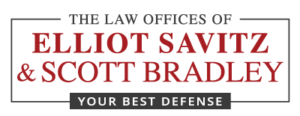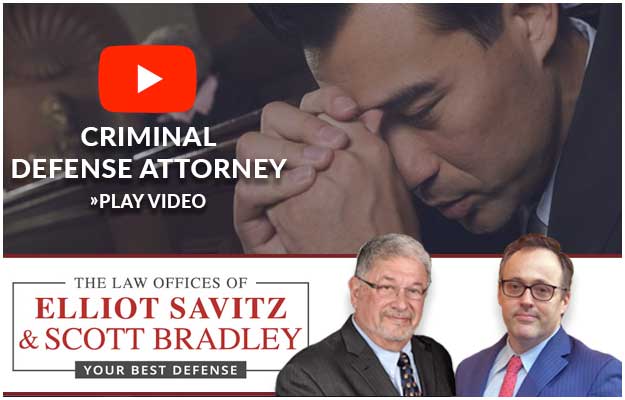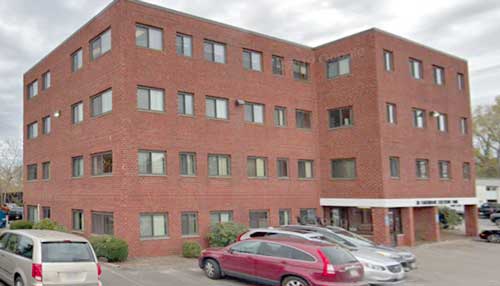
Criminal Law
Understanding criminal law and the 2 types of crimes. If an individual is charged with a criminal offense, is prosecuted by the Office of the District Attorney for the County in which the crime occurred. There are two types of crimes.
Felony
A Felony is any crime whose punishment is death or imprisonment in a state correctional facility. These cases must be tried in the Superior Court Department of the Massachusetts Trial Court. They proceed by way of an indictment handed down by a Grand Jury.
Misdemeanors
A misdemeanor is any crime whose maximum punishment is a sentence of not more than two and half years in a County House of Correction. These cases can be tried in either the District Court Department of the Trial Court or the Superior Court Department of the Trial Court but are almost always tried in the District Court Department of the Trial Court. They proceed by way of a criminal complaint issued by the Clerk of the District Court Department.
Types of Trials
There are two types of Trials. Jury and Jury Waived or Bench Trial. A jury trial is one where the case is presented to six members of the community in a District Court Case and twelve members of the community in a Superior Court case. The verdict, guilty or not-guilty must be unanimous.
A Jury Waived Trial or Bench Trial is one in where the case is tried in front of a judge and he/she decides whether you are guilty or not guilty
Dispositions
If you choose not to go to trial than you enter a plea with the court and there several dispositions.
Guilty – You admit you committed the crime.
Continued Without a Finding (“CWOF”) – You all of the material facts contained in the police report are true and if believed by a fact finder it would lead to you be found guilty, you are not found guilty but placed on probation for a set period of time.
Pre-Trial Probation – You are placed on probation for set period of time and if you do not pick up any new charges and do what you are supposed to do the case is dismissed.
Collateral Consequences
Many pleas and convictions have collateral consequences. These can include loss of a driver’s license, loss of a the right to carry a firearm, loss of your ability to work in certain professions.
Sealing Criminal Records
After a certain period of time certain criminal records can be sealed. Sealing a recording does eliminate them but does mean they are available to the general public. A sealed record will indict that the record has been sealed if anyone makes an inquiry.




